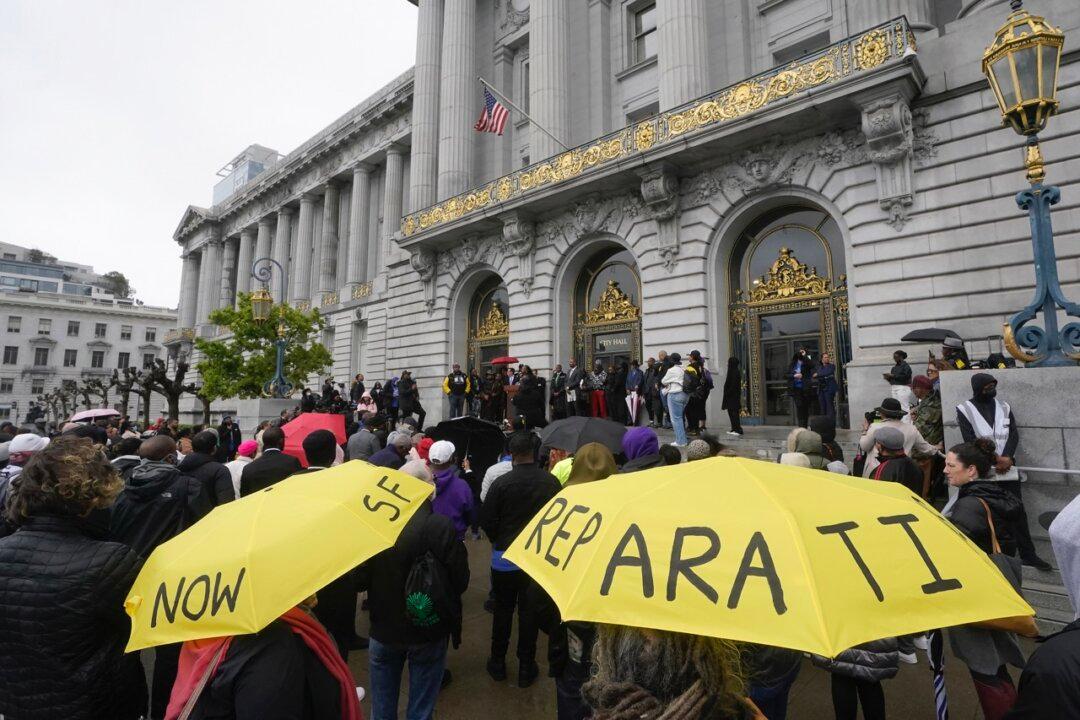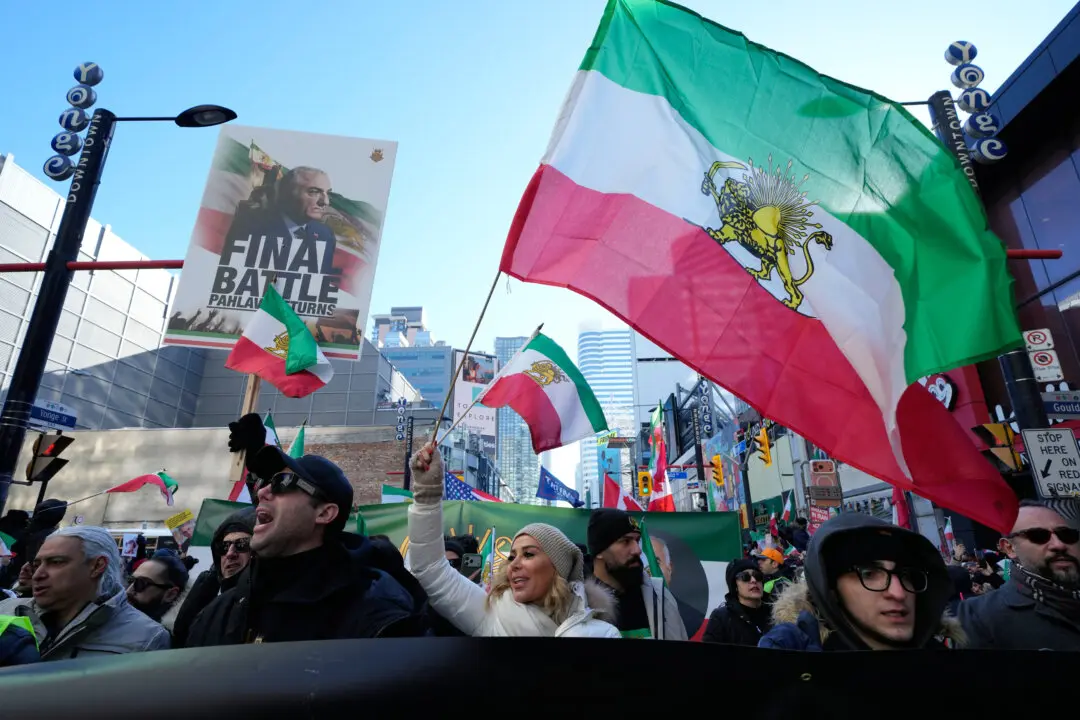San Francisco has cut $6 million from the city’s budget that was planned for a reparations program for descendants of slaves, part of a series of mid-year spending cuts recommended by Mayor London Breed as the city faces a nearly $500 million deficit over the next three years.
The cuts will impact the city’s reparations office—proposed by officials but yet to be officially established—which will be tasked to implement the recommendations that were presented in July by an advisory committee.





